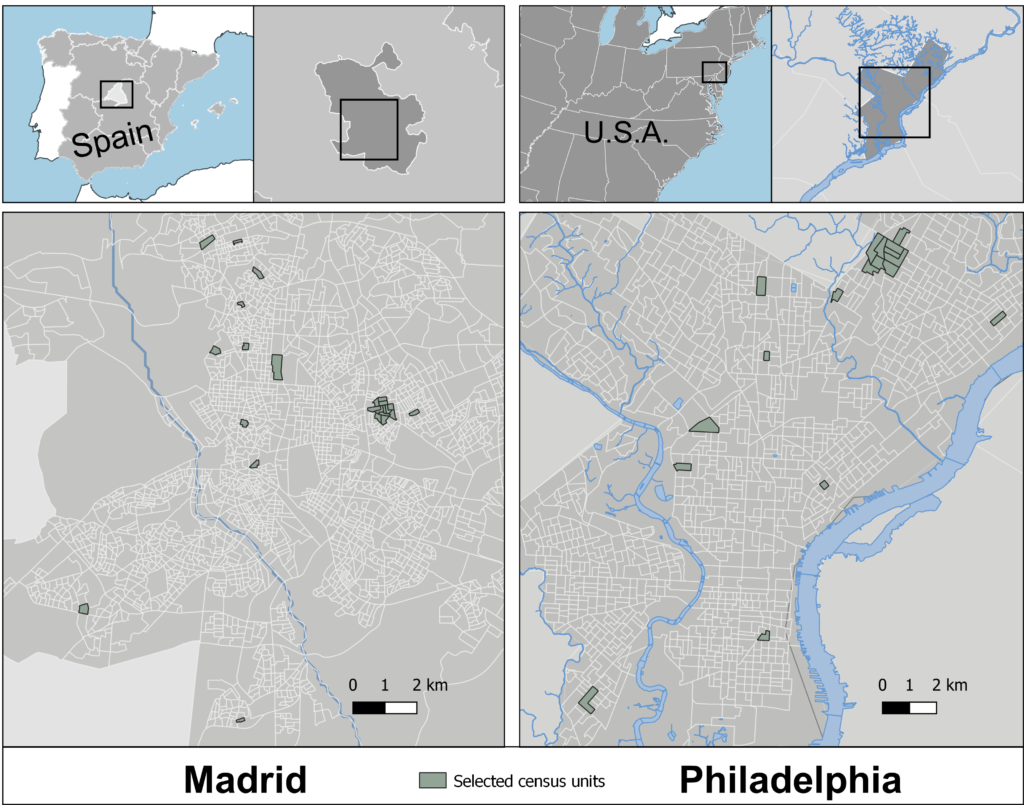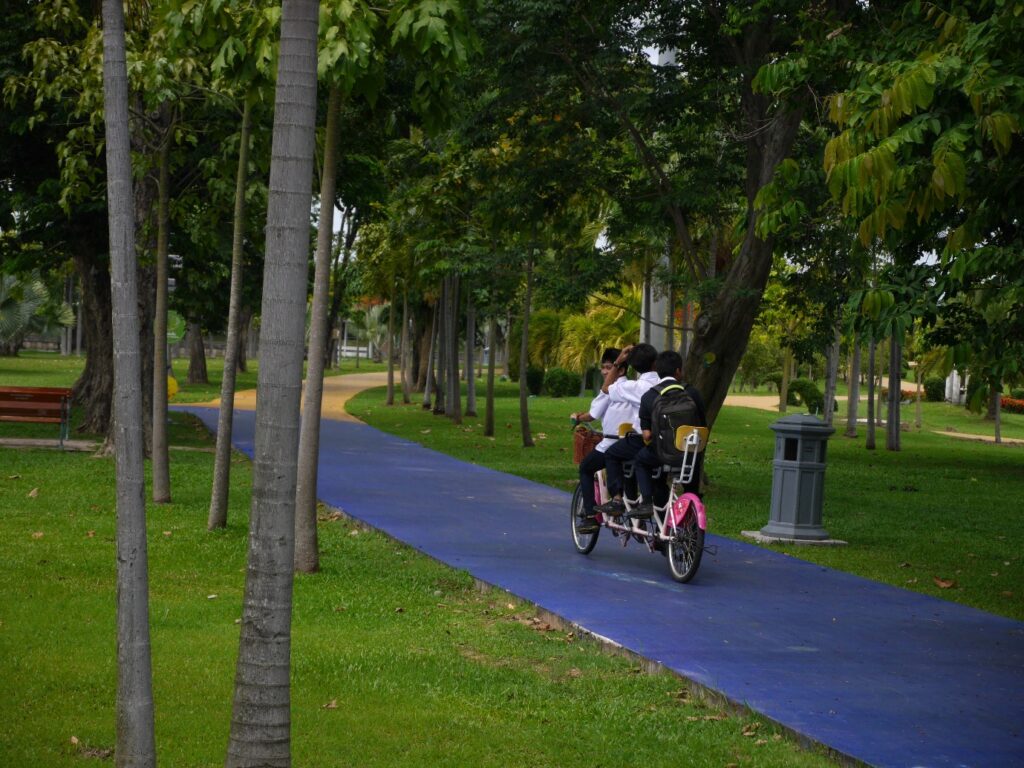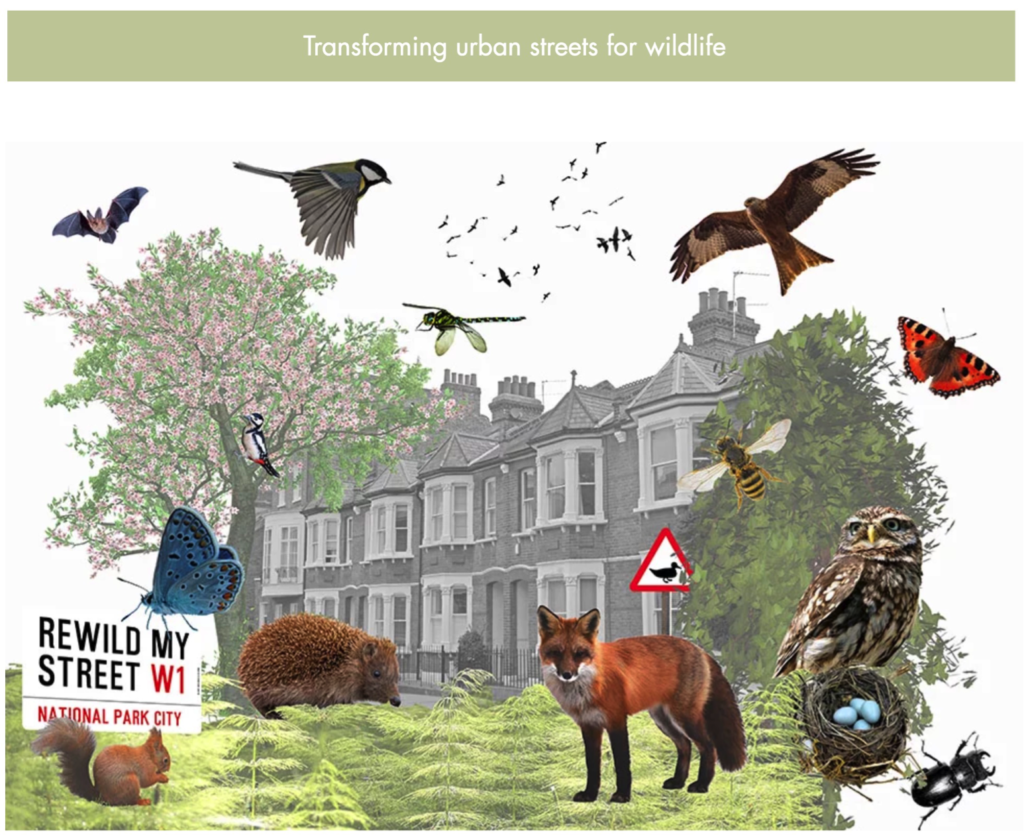City Know-hows

With so many different forms of guidance available for incorporating health into planning, our study evaluated what makes a healthy planning framework successful.
Share
Target audience
Healthy urban planners, Public Health, urban planners.
The problem
While there are a wide number of frameworks and tools to support the integration of health into urban planning available, they have not yet been systematically evaluated.
What we did and why
We conducted a systematic appraisal, made up of desk research and semi-structured interviews, of seven healthy planning frameworks designed for use in the UK. We used this to identify information on the challenges and best practices for healthy planning framework design and implementation.
Our study’s contribution
Shared challenges, best practices, and considerations for success were identified around the following themes: framework design & conceptualisation, framework recommendations & content, implementation outcomes & impact, framework evaluations, and other more general challenges.
Impacts for city policy and practice
Our results include several key considerations for practitioners in health and planning to include when designing healthy planning guidance, frameworks, or tools. The results are also useful for practical implementation of tools, and we include recommendations on outcome evaluation of applying healthy planning frameworks.
Further information
This UN-Habitat/WHO Sourcebook provides a useful mapping of existing health planning frameworks: WHO webpage.
Full research article:
A thematic analysis of UK healthy planning frameworks and tools designed to support the inclusion of health in urban planning by Amber De La Haye, Ruth Gow, Amelia Lake, Caitlin Ball, Sebastiaan van Herk, Marta Rofin Serra, Andy Jones, Michael Chang and Helen Moore.
Related posts

We compared cross-city differences in the walking environment in Madrid and Philadelphia as a case study

Opportunities exist to influence the growth of secondary cities, home to most of the world’s urban population, in ways that maximise residents’ wellbeing as well as achieve sustainability goals. More research is required to understand how this can be achieved, in particular in relation to city governance.

City residential streets offer an opportunity to give back to nature, making changes to make them a habitat for wildlife. Our study investigated the behaviour of rewilding